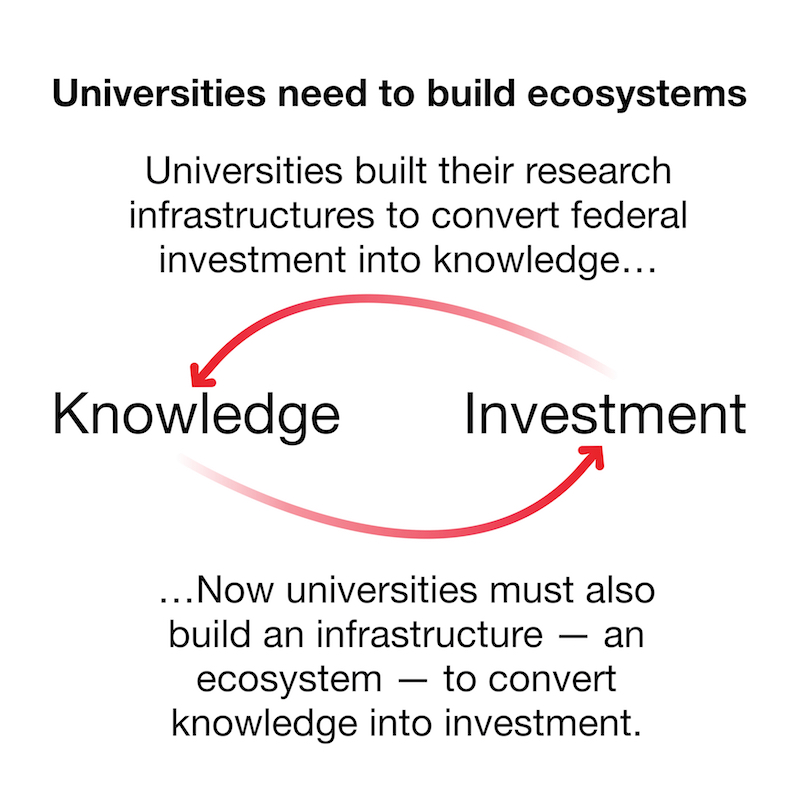Lab’s Emerging Partnership with the University of Central Florida
 The lab has partnered with the University of Central Florida on a grant proposal to the national Institute for Standards and Technology (NIST). The proposal explores the emerging promising practices among 55 universities developing innovation and entrepreneurship ecosystems. the Association for Public and Land-grant Universities (APLU) and its Commission on Innovation, Competitiveness and Economic Prosperity (CICEP) have designated these universities as Innovation Economic Prosperity (IEP) universities.
The lab has partnered with the University of Central Florida on a grant proposal to the national Institute for Standards and Technology (NIST). The proposal explores the emerging promising practices among 55 universities developing innovation and entrepreneurship ecosystems. the Association for Public and Land-grant Universities (APLU) and its Commission on Innovation, Competitiveness and Economic Prosperity (CICEP) have designated these universities as Innovation Economic Prosperity (IEP) universities.
The proposed grant would explore, for the first time, the trends, connections and promising practices among these universities. The Lab is partnering with the University of Central Florida’s Complex Adaptive Systems Research Laboratory to conduct this research. Fraunhofer IAO is also part of the research team.
As our proposal makes clear, the linear model of technology commercialization is obsolete. However, what replaces the linear model is still unclear. Almost certainly, however, the emerging model of commercialization will focus on networks, ecosystems and platforms. For nearly 2 decades, scholars have been developing approaches to describe this new reality. They have proposed concepts such as regional innovation systems, the Triple Helix, entrepreneurial universities, engaged universities, entrepreneurial ecosystems, and innovation ecosystems.
The Lab, by focusing on the underlying process by which complex collaborations can form and be managed, is developing practical guidance on how to design and guide these complex networks toward measurable outcomes.

The Founder of the Lab at UNA and co-author of Strategic Doing: 10 Skills for Agile Leadership, Ed’s work has focused on developing new models of strategy specifically designed to accelerate complex collaboration in networks and open innovation. He is the original developer of Strategic Doing.
